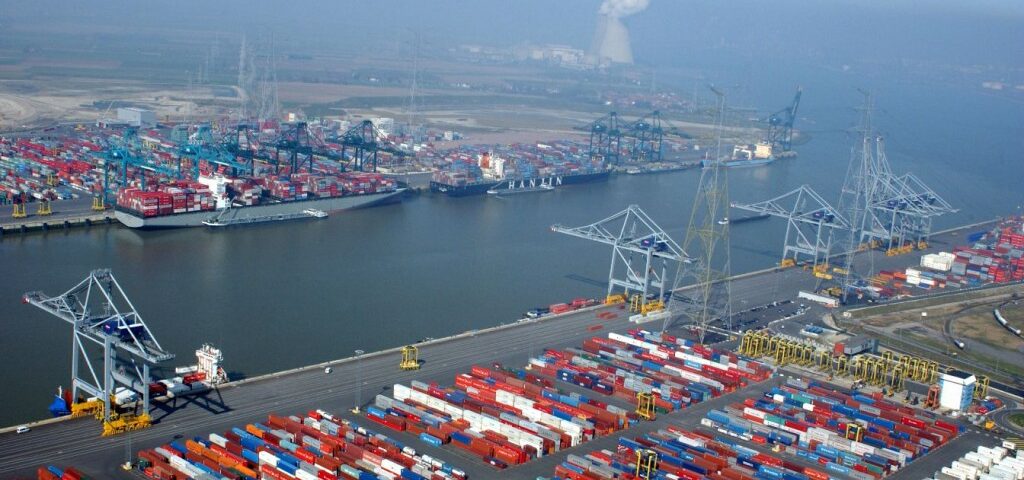 The concept of resilience in seaport-related research is the subject of the PortEconomics members Theo Notteboom, Michael Dooms and Indra Vonck new port study. The authors build upon the notion of resilience based on the literature and construct an integrated framework of port resilience encompassing all layers of port activities.
The concept of resilience in seaport-related research is the subject of the PortEconomics members Theo Notteboom, Michael Dooms and Indra Vonck new port study. The authors build upon the notion of resilience based on the literature and construct an integrated framework of port resilience encompassing all layers of port activities.
Resilience is the science of preparing for, dealing with, and recuperating from shocks. Recent highly disruptive natural and man made events have shown the social costs of seaport failures. Three propositions are put forward, regarding allocation decision effects, aggregate activity resilience, and structural properties of a port cluster.
The study look for evidence of the conceptual framework by investigating an illustrative case of the Port of Antwerp where, via a structural (long term) and qualitative (short term) analysis, we investigate if the propositions and factors are present in port management strategy. The research creates a conceptual narrative around a resilience within ports and bridges the gap with current resilience related seaport literature which often focuses on a limited segment of resilience and fails to see the larger picture of a true resilient port.
Theo, Michael and Indra find that some of the factors proposed by the framework are indeed present in the strategic documents of Antwerp, whilst others can be observed through the history of spatial development. The authors believe that the introduction of the concepts in this paper could build further upon existing notions of resilience in comparable research fields and add to the nascent strand of literature on seaport resilience.
The port study was presented in the IAME 2017 Conference held 27-30 June in Kyoto, Japan. The paper and the presentation of the study is available and can be freely downloaded @PortEconomics.












